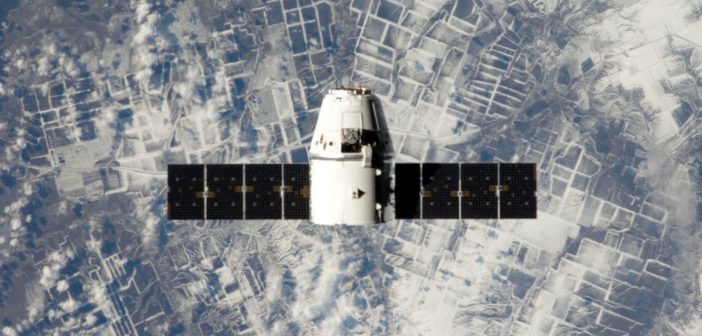The world could reach Net Zero up to 10 years ahead of the 2050 target date if industries make the most of existing and emerging space technologies, according to new data modelling from Globant’s Sustainable Business Studio, commissioned by Inmarsat, the world leader in global, mobile satellite communications.
Satellite technology already saves 2.5% of total GHG emissions, but the report reveals a clear missed opportunity to fast-forward the transition. Globant’s analysis suggests that full adoption of currently available satellite technologies by 2030 would make it possible to achieve a further 9% reduction in global emissions.
Elena Morettini, lead scientist behind the report and Global Head of Sustainable Business at Globant, said: “Following the close of COP27 it remains clear that solutions to reducing humanity’s carbon emissions are vitally important. What we know is that from a technological and scientific standpoint, the potential reduction in CO2 emissions from satellite technologies is immense.”
“It is definitely not a lack of innovation preventing greater sustainability success. Instead, it is a lack of investment that stands in the way of bringing the Net Zero reality closer to the findings of our modelling.”
Examples of how far-reaching the impact of nascent satellite technologies could be for decarbonization include:
- In passenger transport, technologies like route optimization, the rise of air taxis, and continued working from home practices can deliver 3.1 Gt of CO2 emissions – equivalent to just over the entire EU’s 2019 emissions
- In freight transport, we could see a 25-fold decrease in carbon emissions from speed management and fleet management innovations (0.05Gt to 1.25Gt)
- In oil and gas, methane detection could deliver a reduction of at least 10% of emissions – encouraging news for the methane pact discussed at COP27
Rajeev Suri, Inmarsat CEO, said: “Satellite technology today helps tackle climate change and, with greater will and investment, it can deliver even more in the future. Globant’s modelling demonstrates how space can make a major contribution to slashing humanity’s carbon emissions, with emerging technologies offering even more benefits, alongside other similar initiatives. Progress does not need to stop, nor be reversed for the world to meet its Net Zero goals. That is why it is imperative that governments and industry leaders take the initiative to assess their decarbonization strategies with satellite technologies in mind and align their investments to solutions that not only decarbonize, but make industries more efficient and resilient, helping to build for the future.”
Diego Tartara, Chief Technology Officer at Globant, said: “Our perspective is that any challenge is better solved in a collaborative manner and that technology can be a powerful decarbonization accelerator. We are proud that Inmarsat chose us to produce such eye-opening research that confirms the amazing opportunities, both, in terms of efficiencies and optimizations that satellite communications can offer to a broad array of sectors.”
For more information about Globant’s Sustainable Business Studio, visit the website here. The full Inmarsat report can be found here. The research was conducted across three industry sectors – 1) transport and logistics, 2) agriculture, forestry and other land use and 3) energy systems – which together account for approximately 60% of global emissions
Image licensed by pexels.com
Related News:
ISO Certification Earned by Juice Technology for Charging Station Cyber Security
Hydrogen Energy for Data Centers Research by Partners Equinix and CERT

